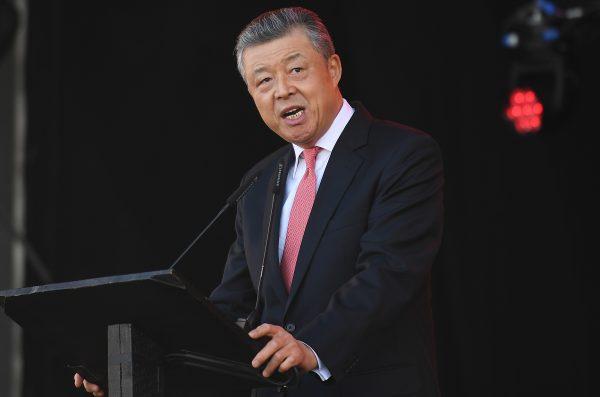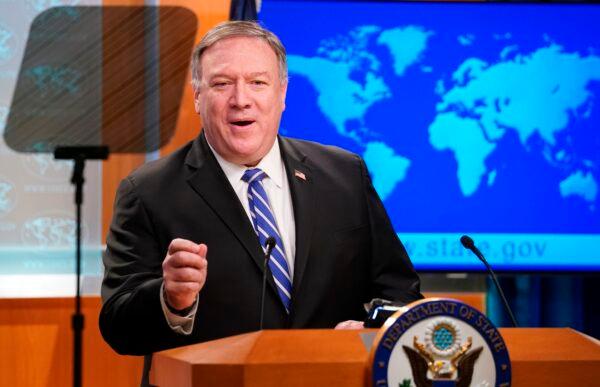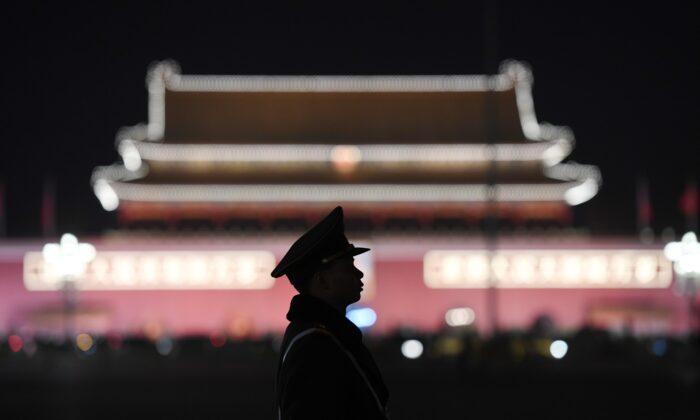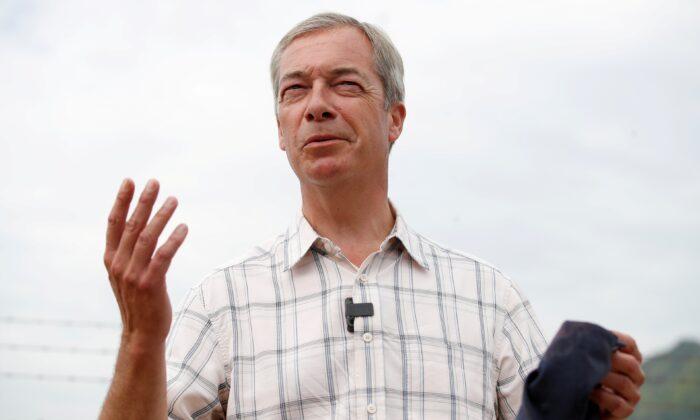The Chinese regime is exerting influence in Europe via so-called “friendship groups,” which serve as the Communist Party’s front organizations, a think tank has revealed.
“China friendship groups” are civic organizations set up ostensibly to foster ties with China but are in fact part of the Chinese Communist Party’s (CCP) “united front” apparatus, promoting the regime’s power and influence overseas, a report by the Center for Strategic and Budgetary Assessments (CSBA), a Washington-based think tank, said.
These groups are often disguised as homegrown organizations run by the host countries’ own citizens—often elites drawn from Europe’s political class and business community, including former and active politicians, CSBA said.

“These groups that on the surface might appear to be organically formed by Europeans are actually ones that have been receiving direction in some way by Beijing-based actors,” Jack Bianchi, a CSBA research fellow who co-authored the report, told NTD, an affiliate of The Epoch Times.
The friendship groups are linked to institutions within China from which the groups obtain “access, visibility, resources, and possibly direction,” according to the report. These institutions may fall under the formal “united front” system, or work outside of it.
For example, the Chinese People’s Association For Friendship with Foreign Countries (CPAFFC), a Beijing-based united front organ, appears to be linked with many of these friendship groups, CSBA said.

The Chinese regime “relies on the lure of prestige, access, and resources to groom and co-opt foreign proxies, exerting a corrupting influence on leading citizens of Europe,” the CSBA researchers found.
These co-opted foreign elites “parrot the Party’s talking points, deflect narratives harmful to Beijing’s image, host public events that showcase the Party’s virtues, promote trade and investment, encourage technology transfers, and voice support for policies favorable to China.”
These friendship groups also seek to “divide and conquer” by sowing division in their host countries and in the European Union.
“Part of the work of these friendship groups is to sow division among political and business elites, in these foreign countries, in these regional blocks, so that they are not able to form a coherent voice on China policy,” Bianchi said.
The report urged European policymakers to put these groups under greater scrutiny and set measures to increase transparency and accountability.
Europe should cooperate with democratic governments around the world that face similar challenges from the CCP, the report said.





